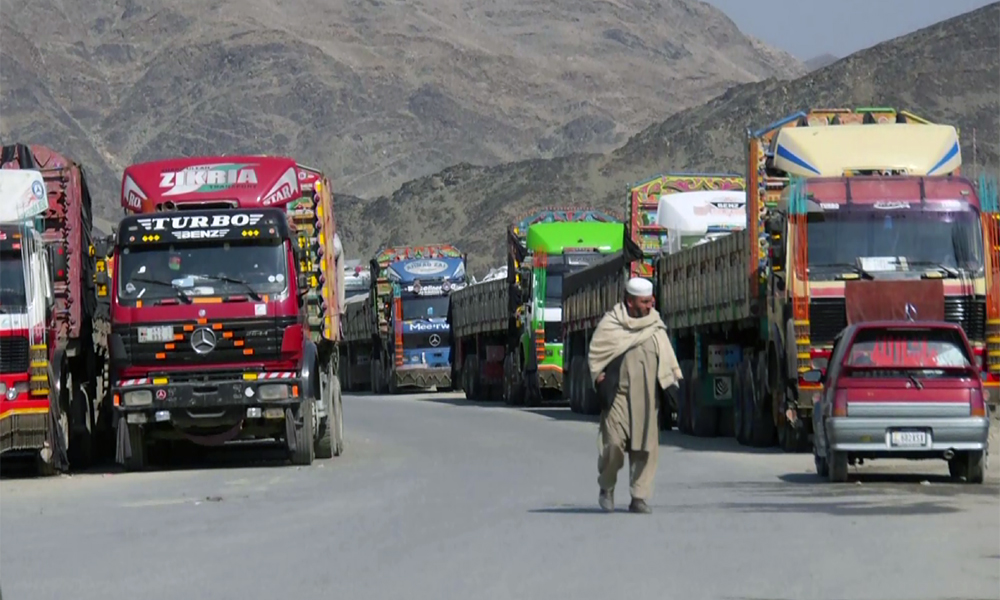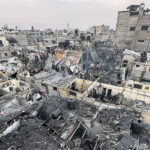Pakistan’s Central Bank has announced a 2.65% increase in the country’s exports to Afghanistan during the third quarter of this year.
The bank stated in its latest report that from July to October, Pakistan’s export volume to Afghanistan was about $186.7 million dollars, against $176.2 million in the same period last year.
However, the report indicated that Pakistan’s imports from Afghanistan dropped by 81.3% for July to October period this year.
Afghanistan mostly exports dry and fresh fruits and coal to Pakistan, but the export of coal has significantly dropped.
According to the Afghanistan Chamber of Commerce and Investment (ACCI), a large percentage of the country’s food, including rice and flour, is imported from Pakistan, along with other items such as cement, plastic, and spices.
Khan Jan Alkozai, a member of the board of directors of the Afghanistan Chamber of Commerce and Investment, confirmed that the level of Pakistan’s trade with Afghanistan has decreased greatly and said: “We used to trade three billion dollars [a year] with Pakistan, which has now decreased to one billion dollars. On the other hand, Afghanistan’s exports to Pakistan have also decreased a lot.”
Alkozai said that Afghanistan has already found alternative trade partners including Iran, which is now sitting at $2.5 billion dollars a year.
He said Afghanistan’s trade with China and India has also increased and Afghanistan’s trade with Central Asia now totals $800 million dollars.
According to the latest World Bank report published on December 4, despite the 19% decrease in Afghanistan’s exports to Pakistan, this country is still Afghanistan’s largest export market.
The report states that Afghanistan exports 54% of its commercial goods to Pakistan, of which 73% of exports include food and coal.
The World Bank also stated that Afghanistan’s total exports to Pakistan decreased by 19% this year. Afghanistan meanwhile imports 18% of consumer goods from Pakistan and the rest from Iran, China and the United Arab Emirates.













